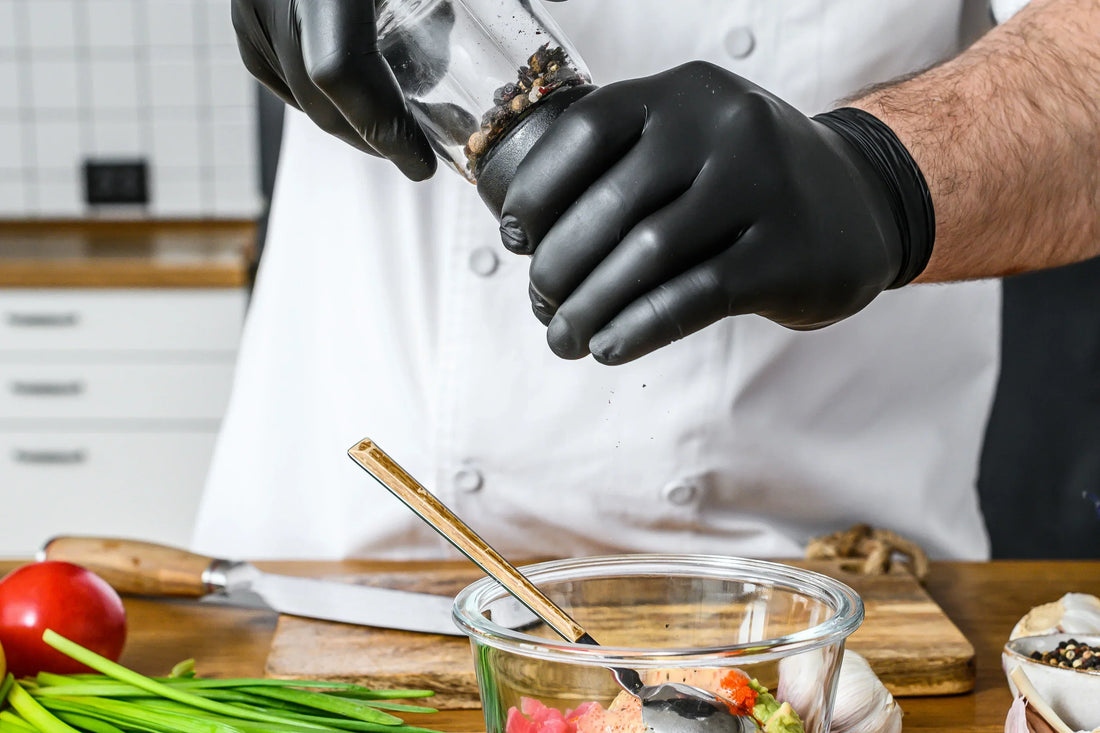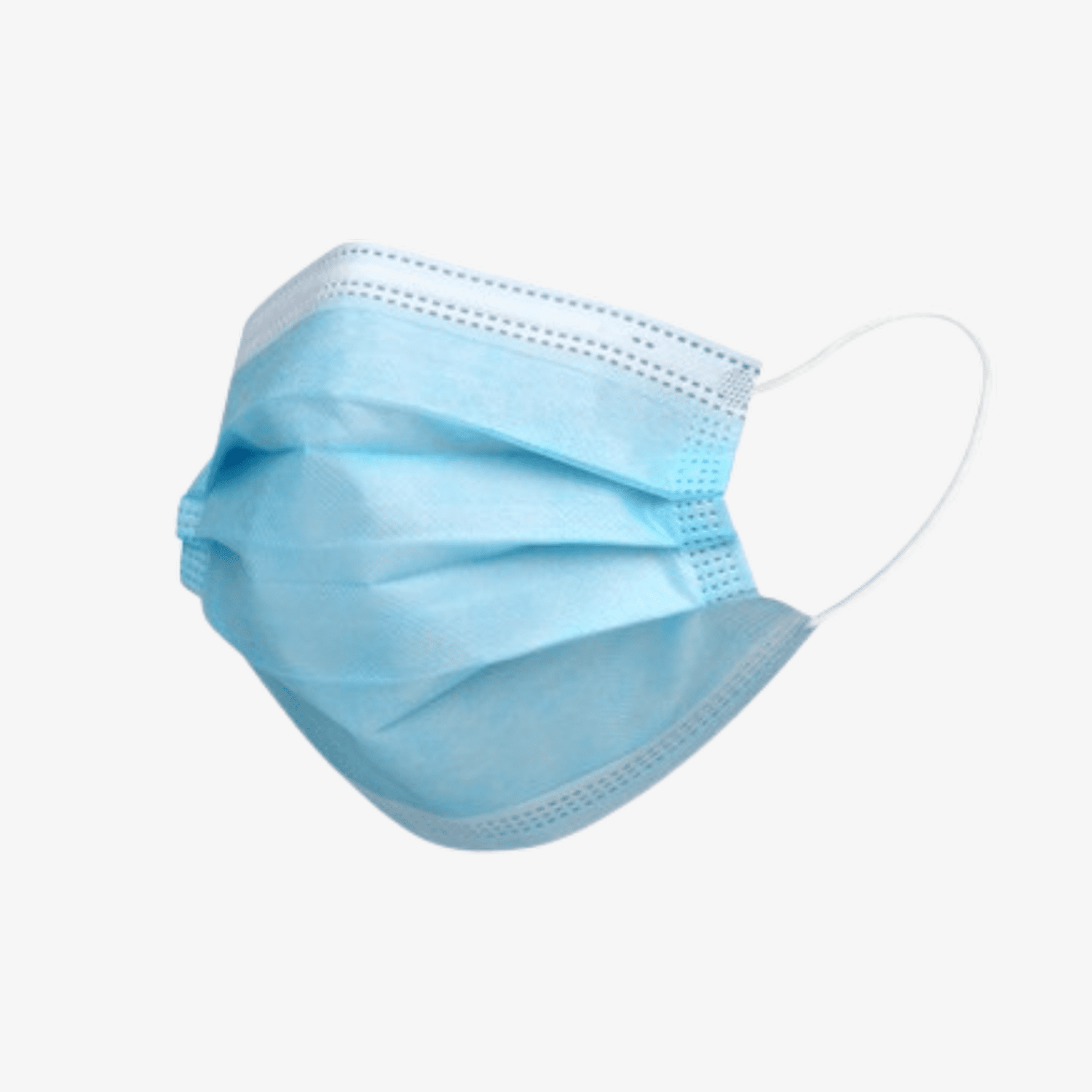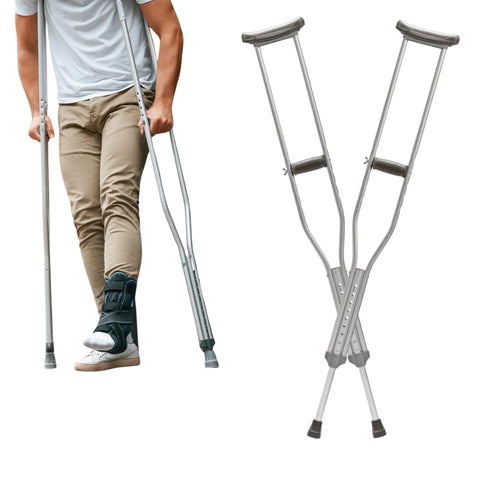
Are Nitrile Gloves Food Safe?
When working in the food industry—or even when preparing meals at home—hygiene and safety are non-negotiable. One of the most common questions people ask is: are nitrile gloves food safe? With so many glove materials available, including latex, vinyl, and polyethylene, it’s important to understand which type is best for food preparation and food service.
The short answer is yes, nitrile gloves are food safe. In fact, food grade nitrile gloves are one of the most widely used options in commercial kitchens, food processing facilities, restaurants, and catering services. They provide superior protection, comfort, and safety compared to many alternatives. Let’s break down why nitrile gloves are considered the gold standard for food handling.
What Are Nitrile Gloves and Why Are They Safe for Food?
Nitrile gloves are made from a synthetic rubber compound that is free from natural latex proteins. This makes them allergen-free and suitable for anyone with latex sensitivities. More importantly, nitrile gloves for food handling are manufactured to meet FDA standards for direct contact with food, which means they are certified food grade.
Because of their strong barrier properties, they help prevent cross-contamination between your hands and food. They are also resistant to punctures and tears, ensuring that pieces of glove material do not end up in food.
Benefits of Using Food Grade Nitrile Gloves
If you’re still wondering, “are nitrile gloves food safe?”—here are the key benefits that make them ideal for kitchens and food prep environments:
FDA Approved for Food Contact – Certified food grade nitrile gloves that meet industry safety standards.
Durable and Puncture-Resistant – Reduces risk of glove breakage during cooking or food processing.
Powder-Free for Food Safety – Prevents contamination from powder residue on food.
Chemical and Oil Resistance – Protects hands from oils, marinades, sauces, and even cleaning chemicals.
Latex-Free and Allergen Safe – Suitable for workers and customers with latex allergies.
Comfortable Fit for Long Shifts – Flexible, snug, and designed for extended wear.
Where Are Nitrile Gloves Used in Food Handling?
Nitrile disposable gloves safe for food prep are versatile and used across multiple industries, including:
Restaurants & Commercial Kitchens – Chefs and kitchen staff wear them for hygiene and safety.
Food Packaging & Processing Plants – Protects workers while keeping products contamination-free.
Catering & Hospitality – Ensures food is served safely at events and buffets.
Home Cooking & Meal Prep – Increasingly popular among individuals who want extra protection when cooking at home.
Nitrile Gloves vs Other Disposable Gloves for Food Safety
When comparing nitrile gloves for food handling with latex or vinyl gloves, nitrile comes out on top for durability and safety.
Latex Gloves – While they provide a good fit, they can trigger allergic reactions in both food handlers and customers.
Vinyl Gloves – Affordable but prone to tearing and not always suitable for greasy or oily foods.
Polyethylene Gloves – Very thin and mainly used for short, light tasks like sandwich prep.
This makes nitrile disposable gloves food safe, stronger, and more reliable than most alternatives.
Frequently Asked Questions (FAQs)
1. Are blue nitrile gloves food safe?
Yes, blue nitrile gloves are food safe and one of the most common colors used in kitchens because they are highly visible and reduce the risk of unnoticed contamination.
2. Can nitrile gloves be reused for food preparation?
No, nitrile gloves for food prep are designed for single use only. Reusing them can lead to cross-contamination and loss of protection.
3. Are all nitrile gloves food grade?
Not all nitrile gloves are automatically certified for food contact. It’s important to choose FDA approved nitrile gloves for food handling to ensure safety.
4. Are nitrile gloves safe for handling greasy or oily foods?
Absolutely. Food grade nitrile gloves are resistant to oils, fats, and greases, making them ideal for handling meats, fried foods, and marinades.

 Free shipping for all orders over $100
Free shipping for all orders over $100
